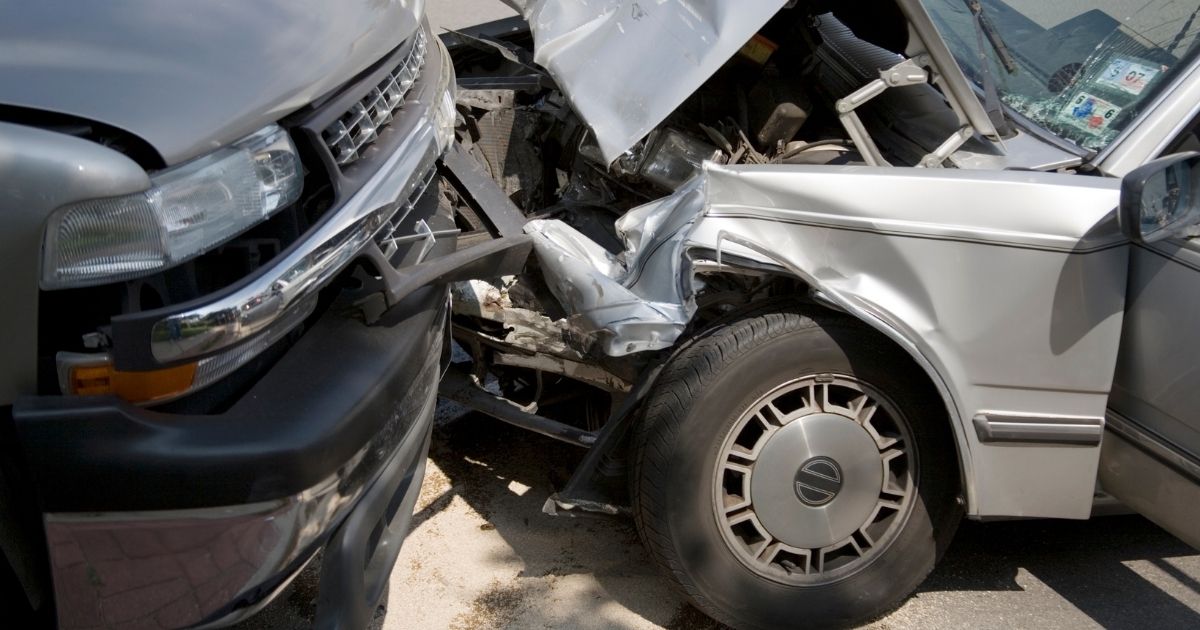Pregnancy brings many changes to daily routines, including the way one drives. During this time, physical adjustments, shifting comfort levels, and medical considerations all affect road safety. Taking extra care can protect both driver and unborn child, particularly as the body undergoes significant changes that influence posture, reaction time, and fatigue levels.
Should Pregnant Drivers Wear Seat Belts?
Yes. Wearing a seat belt is one of the most effective ways to reduce the risk of injury in an accident. The lap belt should rest below the belly, across the hips and pelvis, while the shoulder strap should pass between the breasts and off to the side of the abdomen. This positioning helps prevent direct pressure on the stomach while still providing restraint.
How Should the Steering Wheel Be Positioned?
Pregnant drivers should position the wheel at least ten inches from the chest, angled upward rather than directly toward the abdomen. This creates additional space and reduces the chance of abdominal contact if the airbag deploys. Frequent adjustments may be necessary as the pregnancy progresses.
Can Airbags Be Used During Pregnancy?
Airbags are considered safe and provide important protection in the event of a collision; they work best when combined with properly worn seat belts. Pregnant drivers should maintain a distance between the steering wheel and abdomen while sitting upright to minimize forceful impact. Disabling airbags is not recommended unless specifically advised by a physician.
What Driving Habits Can Improve Safety During Pregnancy?
Moderating speed, allowing extra time for travel, and maintaining a greater following distance all help reduce accident risks. Avoiding sudden stops or sharp turns may also make driving more comfortable; staying alert to road conditions and other drivers is particularly important when reaction times may be slower due to physical discomfort or fatigue.
How Does Fatigue Affect Driving During Pregnancy?
Fatigue is common during pregnancy and can impair concentration, reaction time, and decision-making. Taking regular breaks, scheduling trips accordingly, and limiting long drives can help. Pulling over to rest when drowsy is a safer choice than trying to continue while exhausted.
Is It Safe to Drive Long Distances While Pregnant?
Long drives may be safe with proper precautions, but they can increase the risk of discomfort and circulation issues. Pregnant drivers should stop frequently to stretch, move around, and drink water. Medical providers may recommend avoiding extended travel during the later stages of pregnancy due to increased risk of complications.
When Should a Pregnant Driver Avoid Driving Altogether?
Medical complications, dizziness, severe swelling, or contractions may make driving unsafe. In these cases, relying on a trusted friend, family member, or rideshare service is a better option. Healthcare providers can offer guidance on when it may be best to avoid being behind the wheel based on individual health conditions.
What Should Pregnant Drivers Keep in the Car?
Carrying water, healthy snacks, and any prescribed medications may help make driving safer and more comfortable. A small cushion or lumbar support can ease back pain. Having contact information for a healthcare provider and roadside assistance readily available is also advisable.
How Can Medical Conditions Impact Driving During Pregnancy?
High blood pressure, gestational diabetes, or preeclampsia can affect alertness and physical comfort for expectant mothers. Drivers with those conditions should consult their medical providers about any restrictions or precautions. Monitoring symptoms and avoiding driving during flare-ups or heightened discomfort can reduce risks.
What Should Pregnant Drivers Do After a Car Accident in Brooklyn?
Even if crash injuries are not apparent, pregnant drivers should seek an immediate medical evaluation after any collision. Trauma can sometimes cause hidden complications such as placental abruption. Contacting emergency services and notifying a healthcare provider promptly can help safeguard maternal and fetal health.
Our Brooklyn Car Accident Lawyers at Rubenstein & Rynecki Represent Families With Compassion and Professionalism
If you need legal guidance after a motor vehicle crash, contact our Brooklyn car accident lawyers at Rubenstein & Rynecki. Call 718-522-1020 or complete our online form today for a free consultation. Located in Brooklyn, we serve clients in New York City, including Brooklyn, The Bronx, Manhattan, Queens, and Staten Island.






